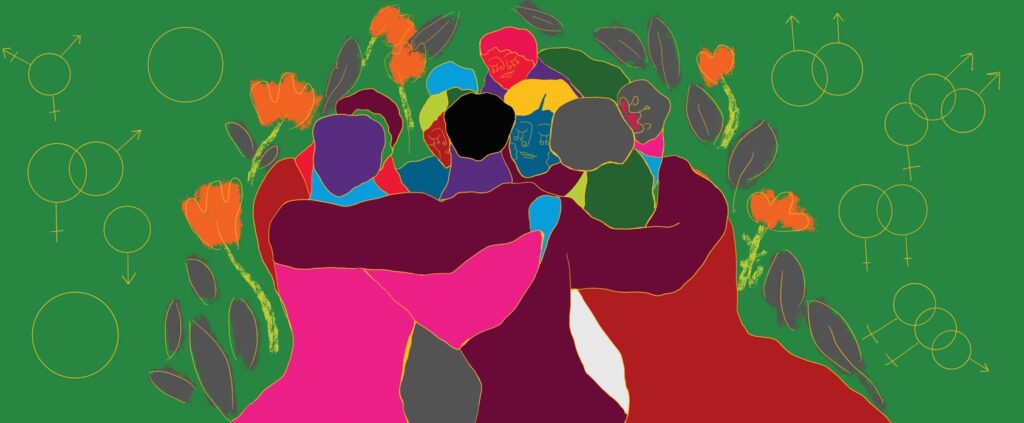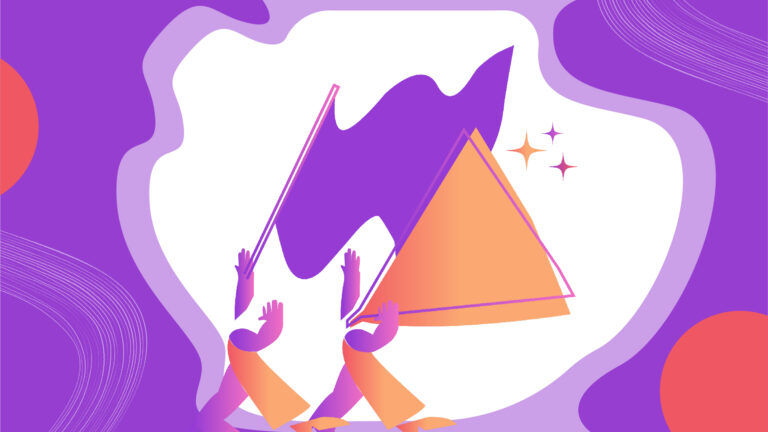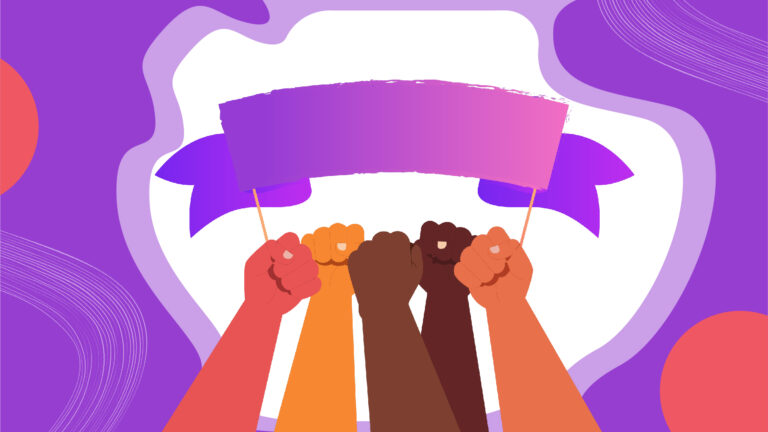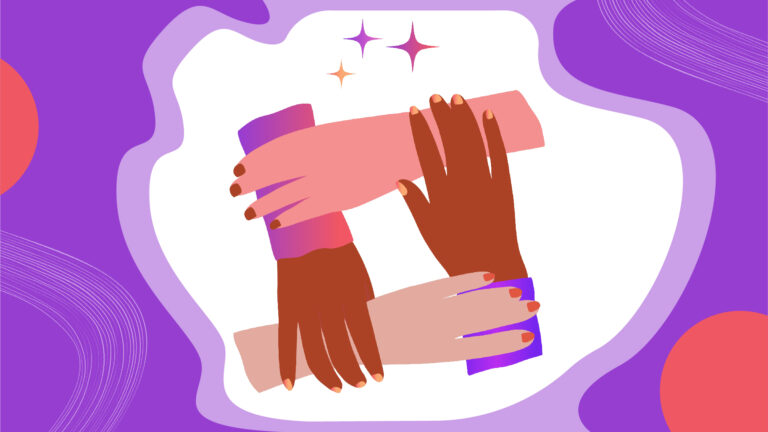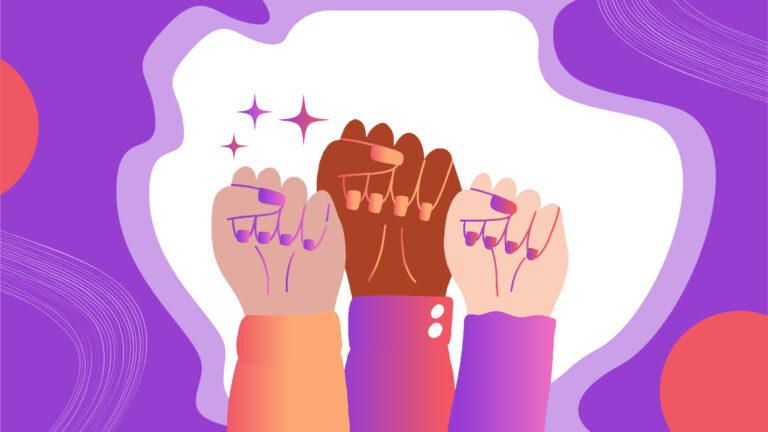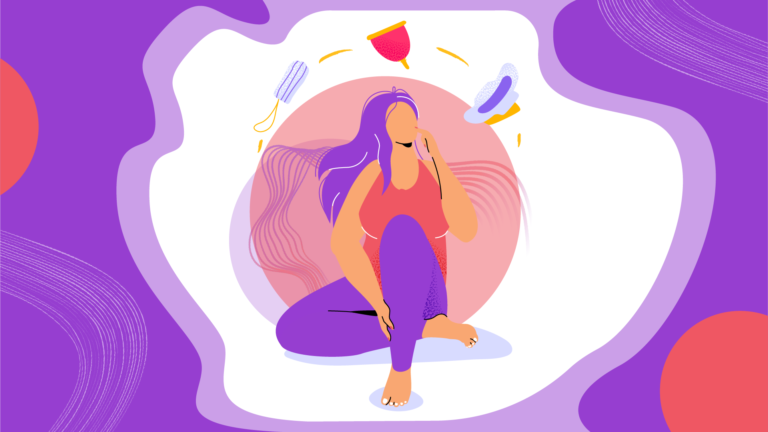Latest News & Updates
RNW Media has successfully completed 2 new additional capacity strengthening activities under the Masarouna program
The Digital Safety and Security training had been prioritized late last year as a priority need in Palestine due to the consistent harassment and the fear of defamation once the SRHR campaigns start. Hence, the training was delivered to the country team and was concluded by March 9th 2022. The Build
#YOUWILLNOTBREAKME: CYBER HARASSMENT AGAINST WOMEN AND GIRLS
AMMAN – “I was filming a new series, it was the first episode, and we were all excited. During the break, I checked my phone and found dozens of missed calls. I called one back, and they immediately asked me what’s the story behind the video?” said TV presenter and
Youth-Friendly Sexual and Reproductive Health (SRH) Services
There are around 73 million young people aged 15 to 24 years in the Arab Region. If you were to ask them what is SRH? What would their answer be? Most probably, most young people wouldn't be able to provide an answer for a simple reason. Although Arab communities are
“Clothing-Based Morality”: Women’s Narratives of Violence and Resistance
“Societies judge women’s worthiness of safety and security based on their abidance to social norms regarding their clothing.” Women who don’t commit to “modest” clothing lose “patriarchal protection”.
More than two thirds of women and girls in Lebanon have difficulty accessing menstrual supplies!
Today, 76% of women and girls in Lebanon suffer from difficulty in accessing menstrual products due to the sharp increase in prices resulting from the economic crisis and the collapse of the Lebanese currency. A national statistical study carried out by Fe - Male in partnership with “PLAN international” sheds
The Tyranny of Dress Codes Report
Through interviews with 60 women from six countries in the Middle East and North Africa (Iraq, Jordan, Lebanon, Palestine, Egypt and Tunisia), this study seeks to analyse and understand how prevailing social norms contribute to and perpetuate violence against women and girls. Through exploring norms around decency, modesty and respect,
Test Your Knowledge

Time's up
Frequently Asked Questions
SRHR stands for Sexual and Reproductive Health and Rights.
SRHR encompasses a wide range of issues related to sexual and reproductive health, including access to contraception and family planning, prevention and treatment of sexually transmitted infections (STIs), safe and legal abortion, maternal health, and gender-based violence.
SRHR is important because it is a fundamental human right, and access to sexual and reproductive healthcare services is essential for individuals to be able to make informed decisions about their health, lives, and future.
Key Terms
- Adolescents, youth, and young people
- Patriarchy
- Comprehensive Sexuality Education (CSE)
- Gender
- Reproductive Justice
- Sexual and Reproductive Health and Rights (SRHR)
- Sexual violence
- Social Norms
Adolescents include persons aged 10 to 19 years while youth are persons between 15 to 24 years. Young people cover the age range 10 to 24 years.
A system of power based on the supremacy and dominance of men through the perpetuation of exploitation and oppression of women and people with intersecting identities.
“CSE is curriculum-based process of teaching and learning about the cognitive, emotional, physical, and social aspects of sexuality.
Gender refers to the characteristics and roles that societies attribute to women and men respectively. Gender is not ‘natural’ – it is constructed by societies.
Reproductive justice is when all people have the social, political and economic power to enjoy their right to bodily autonomy and sexual and reproductive self-determination.
Sexual and reproductive health is a state of physical, emotional, mental, and social sexual and reproductive wellbeing in relation to all aspects of sexuality and reproduction, not merely the absence of disease, dysfunction, or infirmity.
Sexual violence is a type of gender-based violence and is any sexual act, attempt to obtain a sexual act, unwanted sexual comments or advances or acts to traffic, or otherwise directed against a person’s sexuality using coercion or manipulation, by any person regardless of their relationship to the survivor, in any setting. Rape, sexual assault and sexual exploitation are all forms of sexual violence.
Social norms are collective beliefs about typical and appropriate behaviour that are held by a group of people and often enforced by social sanctions/rewards.
